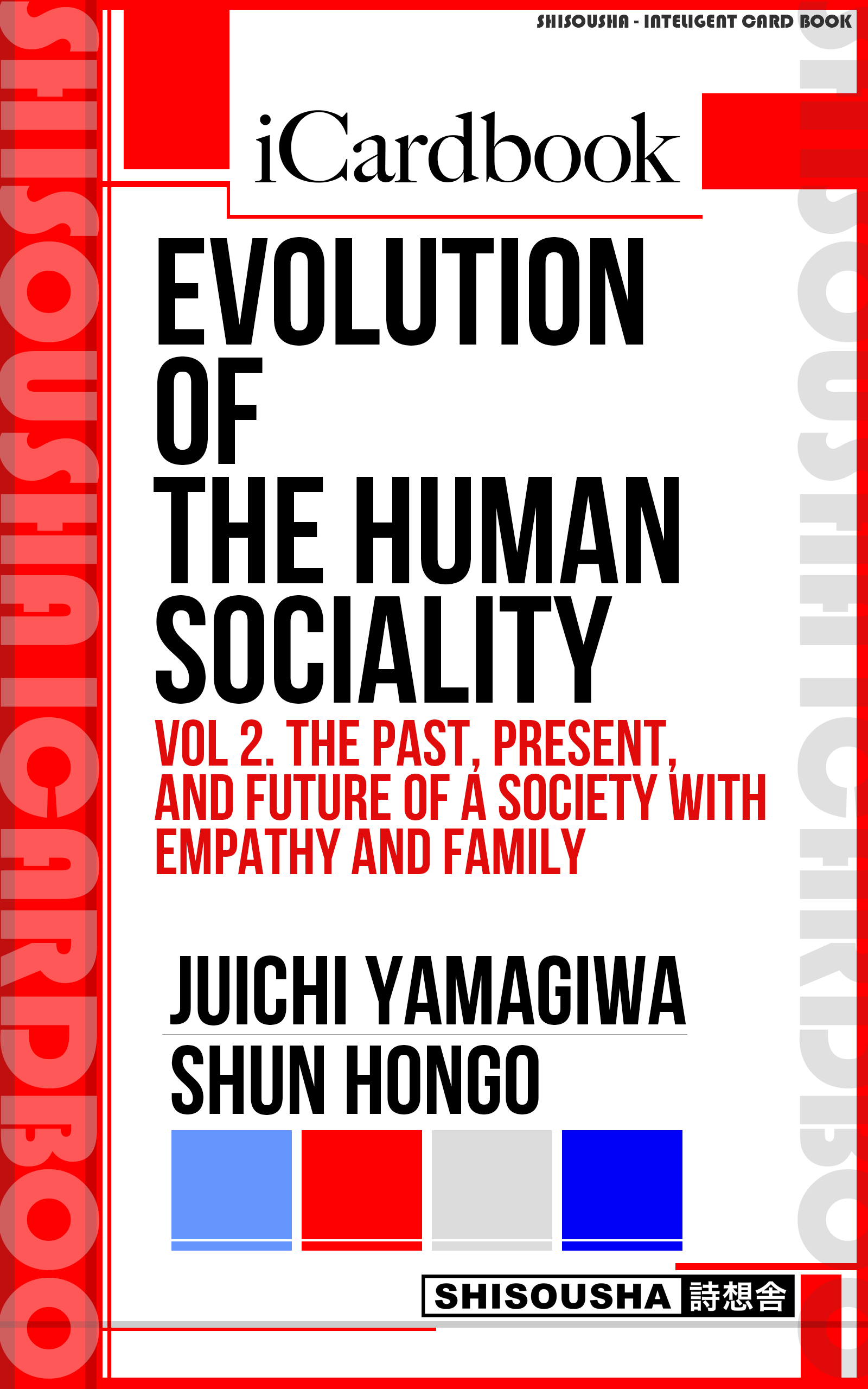Orangutans, gorillas, and chimpanzees in captivity can use tools by imitating the behavior of their companions. Even in the wild, eating methods and behaviors using tools vary between different habitats.
This is called “embodied cognition”—learning a new method of doing something through the bodies of one’s peers. Human beings can instantly adapt to the movements of others. The primatologist Frans de Waal calls this “identification-based observational learning.”*
■References (Books, papers, Web articles, etc.)
The Ape and the Sushi Master Frans de Waal Basic Books; 1 edition (December 27, 2001)
*In some academic fields, such as political science or sociology, the term “identification” refers to a sense of belonging, unity, or attachment to something (the state, society, an organization, values, people, etc.). [Editorial note]
★If you interested in this text, please have the following ebook at hand. For that, Click on the URL below.
https://society-zero.com/icardbook/012/index.html
★This article is a piece of "knowledge card" that makes up iCardbook, "Evolution of Human Sociality(Juichi Yamagiwa, Shun Hongo)"
iCardbook, a card-type specialized book that organizes “Knowledge Cards” is a new form of book in the smartphone age.
■iCardbook Benefits:Good value for reading
・you can read it quickly in your pocket of time, e.g. commuting
・You can immediately understand the "drawing " in the author's head
・Amazon Prime members can read for free
◎About iCardbook(english)
https://society-zero.com/icard/icardbookenglish
◎About iCardbook(japanese)
https://society-zero.com/chienotane/archives/5067
■The References list of “Evolution of Human Sociality”








